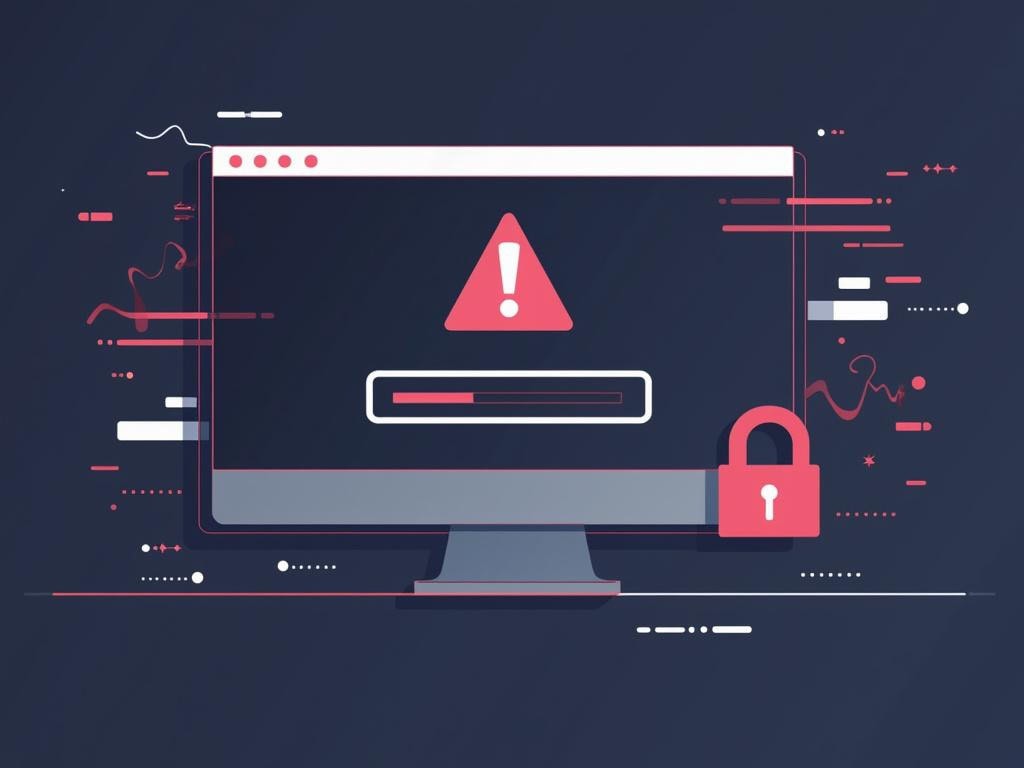Critical WordPress Vulnerability: Over 1.3 Million Sites at Risk of File Deletion

Critical WordPress Vulnerability Exposes 1.3 Million Websites to File Deletion Risk
A severe security vulnerability has been discovered in three popular WordPress file management plugins, potentially affecting over 1.3 million websites. The flaw enables unauthorized attackers to delete arbitrary files from affected sites, according to a recent security advisory from WordFence Security.
Understanding the Security Threat
The vulnerability stems from outdated versions of elFinder file manager software (version 2.1.64 and earlier) used in these plugins. The security flaw allows attackers to exploit directory traversal techniques, potentially manipulating file paths to access and delete files outside intended directories. Implementing comprehensive WordPress security measures and best practices is crucial to protect against such vulnerabilities.
The affected plugins include:
- File Manager WordPress Plugin (1 million installations)
- Advanced File Manager (200,000+ installations)
- File Manager Pro – Filester (100,000+ installations)
Impact and Risk Assessment
While the vulnerability's reach is extensive, its exploitation requires specific conditions. The risk is highest for websites that have made their file manager publicly accessible. However, two of the affected plugins' changelogs indicate that attackers need at least subscriber-level authentication – the lowest tier of website credentials – to exploit the vulnerability. Maintaining proper website security protocols and monitoring systems can help detect and prevent such attacks.
The attack method involves sending specially crafted requests using sequences like "example.com/../../../../" to manipulate file paths and gain unauthorized access to system files. This technique can potentially allow attackers to delete crucial website files, potentially causing significant disruption to affected sites.
Enhanced Security Measures
Website administrators using any of the affected plugins should take immediate action to protect their sites:
- Update all file management plugins to their latest versions
- Review file manager accessibility settings
- Ensure proper authentication requirements are in place
- Regularly monitor system logs for suspicious activity
Best Practices for Website Protection
For enhanced website security, consider implementing these additional measures:
- Implement regular plugin updates as part of website maintenance routine
- Conduct regular security audits of WordPress installations
- Consider using website monitoring tools to detect unauthorized access attempts
- Review and strengthen website authentication protocols
- Consider implementing a robust WordPress CRM solution for secure user management
This security incident highlights the critical importance of maintaining updated WordPress plugins and implementing proper security measures to protect website assets.
The vulnerability discovery serves as a reminder that even popular plugins can contain serious security flaws, emphasizing the need for vigilant website maintenance and security practices in the WordPress ecosystem.

